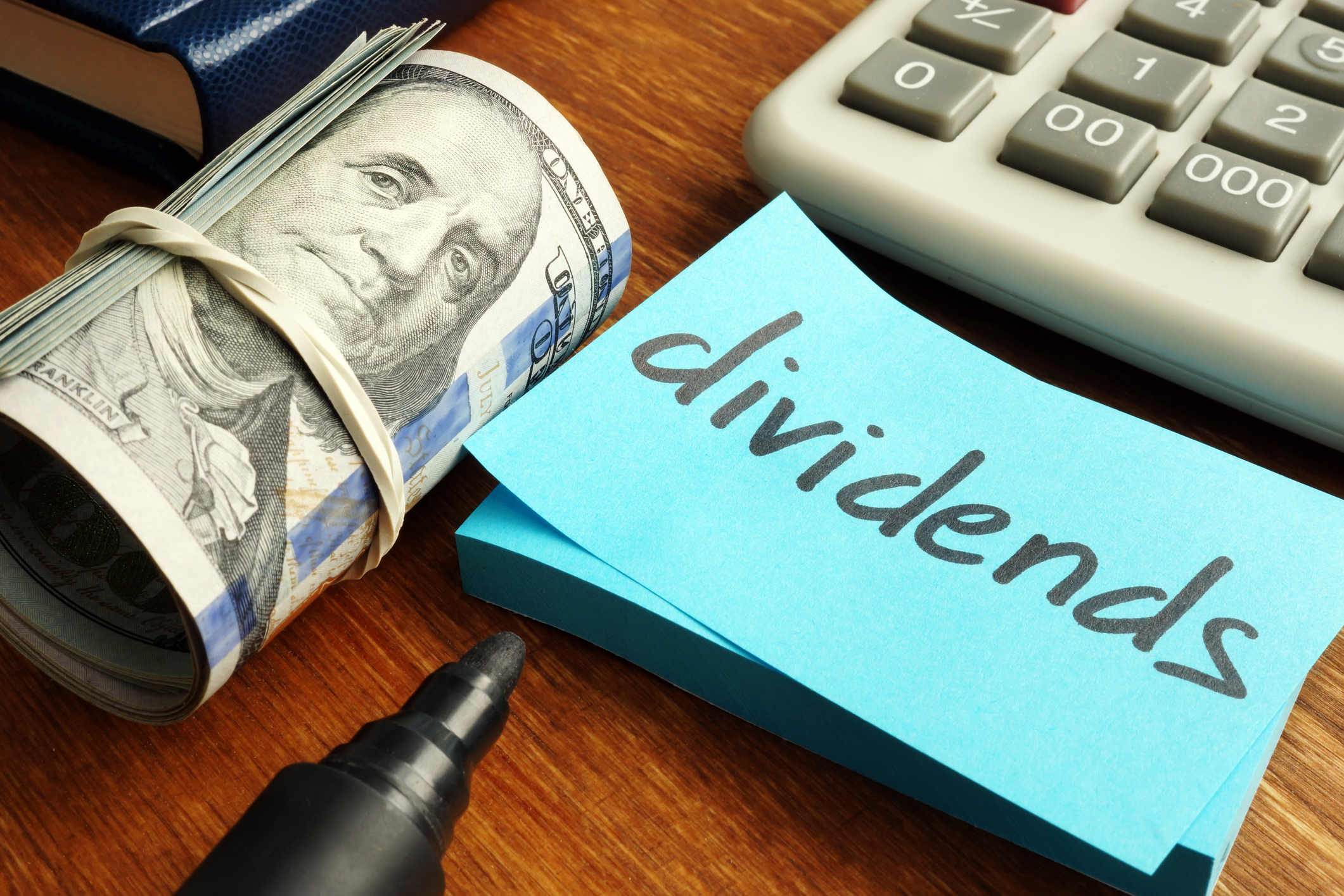Decentralized finance, or DeFi, is closely related to, but not exactly the same, as Bitcoin (BTC -0.53%) and other cryptocurrency. The term DeFi is shorthand for financial systems that are enabled by decentralized blockchain technology. DeFi is specifically associated with the Ethereum (ETH -0.11%) blockchain and all of the cryptocurrencies built on it.
DeFi technology creates decentralized money and eliminates the necessity of government-controlled central banks to issue and regulate currency. But DeFi technology is also capable of providing many other blockchain-based solutions for financial services. Fintech companies use DeFi technology to offer savings accounts and loans, enable securities trading, and provide insurance, among other offerings.

How DeFi works
DeFi is a technology alternative to relying on centralized financial institutions such as banks, exchanges, and insurance companies. DeFi systems achieve distributed consensus by using "smart contracts" on blockchains such as Ethereum. Developers write smart contracts to perform specific actions only when certain conditions are met.
As a simple example, you could write a smart contract stating that you will pay $500 to another person if the Cardinals win the World Series this year. Once the smart contract is pushed to the blockchain, everyone in the blockchain's network can access and read the code, but no one can change it. Smart contracts are often what govern decentralized apps, or "dapps," which are not owned or managed by any one company or person. While Ethereum was the first platform to develop smart contracts, other blockchain platforms use them as well.
DeFi enables any two parties to securely and directly transact without involving an intermediary or central authority. The result is that many more people can access financial services at lower costs or receive better interest rates than those offered by traditional financial institutions.
Some of the most popular DeFi applications include the following:
Stablecoins
One of the earliest applications of DeFi was the creation of cryptocurrencies with stable values, also known as stablecoins. Stablecoins, by being much less volatile than other cryptocurrencies, are considered suitable for making ordinary purchases.
One example of a stablecoin is DAI (DAI -0.02%). Issued by MakerDAO, an open-source project on the Ethereum blockchain, the coin is pegged to the U.S. dollar and collateralized by Ether, the native Ethereum token. DAI is purposely overcollateralized by Ether, which enables the value of DAI to remain stable even as Ether's value fluctuates.
USDC (USDC +0.01%) is another stablecoin, but, unlike DAI, its collateral is centralized. USDC stablecoins are backed by a reserve of U.S. dollars held in an audited bank account.
Decentralized exchanges
Despite the decentralized nature of cryptocurrency, several cryptocurrency exchanges such as Coinbase (COIN -2.78%) function as centralized platforms to connect cryptocurrency buyers and sellers. Decentralized exchanges (DEXs) such as MDEX use smart contracts to perform the work of centralized exchanges, with the smart contracts providing pricing for each counterparty at or near prevailing market prices. Using a DEX allows each party to retain full control of their respective cryptocurrency holdings rather than depositing them in a wallet held by a centralized exchange that may be vulnerable to hacking.
DEX users who create liquidity by supplying cryptocurrency can, in certain markets, earn income by being awarded portions of the transaction fees.
Prediction markets
The prediction markets are what enable people to bet on the outcomes of certain events. DeFi prediction markets can offer better odds of winning by modifying the structures of bets. The associated fees are also lower, and market participants can bet on anything in unlimited amounts. Prediction markets, as compared with standard sportsbooks, are much harder for central authorities to dismantle.
DeFi prediction markets can provide value beyond increased access to gambling. Stock market predictions weighted by the size of the bets behind them are often fairly accurate.
Borrowing and lending
Perhaps the most traditional functions enabled by DeFi, borrowing and lending services are available to cryptocurrency users. Those who own substantial amounts of cryptocurrency but want liquidity in other currencies can borrow money by using their cryptocurrency holdings as collateral. Individuals can lend their cryptocurrency deposits to earn interest from borrowers, thereby profiting from the values of their holdings without triggering taxable events. The dapps that facilitate this decentralized borrowing and lending are designed so that interest rates automatically adjust based on the changing supply and demand of the cryptocurrency.
Why use DeFi?
Regardless of what you're seeking to accomplish, using a DeFi platform in place of doing business with traditional financial institutions can confer several benefits. People use DeFi for these primary reasons:
- Accessibility: Some people are unable to open bank accounts or receive loans, but anyone with an internet connection can access a DeFi platform. That high level of accessibility means that DeFi transactions occur without any geographic restriction.
- Low fees and high interest rates: DeFi enables any two parties to directly transact. With no intermediary, transaction fees are greatly reduced and the parties themselves can directly negotiate interest rates. People who lend money via DeFi networks typically enjoy much higher interest rates than those paid by traditional financial institutions.
- Increased transparency and security: Smart contracts published on a blockchain, along with all records of completed transactions, are available for anyone to review. Blockchains are immutable, meaning they cannot be changed. While DeFi platform users benefit from the transparency and security conferred by blockchain technology, smart contracts are executed in a way that preserves the privacy of the platform's participants. The publicly available transaction data does not reveal your real-life identity.
- Functional autonomy: DeFi platforms don't rely on any centralized financial institutions. The financial collapse of 2008 illustrates the significant interconnectedness of most banks and governments and makes clear the inherent risks of centralized systems. Individual financial institutions holding your money can face hardship or corruption or become over-leveraged and declare bankruptcy. The decentralized nature of DeFi protocols mitigates much of this risk.
Is DeFi safe?
The newness of DeFi technology means that negative outcomes can unexpectedly occur. New companies that use DeFi technology may not succeed (failure among start-ups is exceedingly common), and errors by programmers can create profitable opportunities for hackers. Investing in or storing money with a DeFi project that fails can result in the total loss of your funds.
Deposits with traditional centralized financial institutions are insured by the Federal Deposit Insurance Corporation (FDIC), while DeFi platforms generally don't provide any means by which to recover lost money. If a traditional financial transaction goes awry, a consumer can file a complaint with the Consumer Financial Protection Bureau (CFPB), but no such recourse exists if you become a victim of a fraudulent DeFi transaction.
Interestingly, another type of DeFi application is becoming available to address these deficiencies. Decentralized insurance, which is created by individuals pooling their cryptocurrency as collateral, is being offered to those who wish to protect themselves against losses from other smart contracts. The individuals who contribute to the cryptocurrency pools collectively charge premiums to those who are insured.
How to invest in DeFi
There are several ways to invest in DeFi. The simplest option, which provides only general exposure to DeFi, is to buy Ether or another coin that uses DeFi technology. Buying a DeFi-powered coin confers exposure to nearly the entire DeFi industry.
You can deposit cryptocurrency with a DeFi lending platform directly in order to earn interest on your holdings. You can receive higher interest rates if you are willing to deposit funds for longer terms, and the interest rate paid on your deposit can be either fixed or variable and change with the market.
Since demand for deposits is high among the various DeFi platforms, a practice called "yield farming" has emerged. Yield farmers deposit funds on whichever platform pays the highest interest rate or other incentive, and they continually monitor the current interest rates and incentives offered by other platforms. If another platform starts offering a better incentive, then the yield farmers maximize their profits by moving their deposits to the other platform. As incentives constantly fluctuate, yield farmers continue to move their funds from platform to platform.
If you want a role in deciding the future of DeFi protocols themselves, you can buy a token like Uniswap's UNI (UNI -0.45%). Known as a governance token, UNI gives you decision-making authority, in proportion to your holdings, about the future of the Uniswap protocol. As more people participate in the decision-making process by purchasing UNI coins, the future of the service becomes of greater interest to more people, and increasingly large holdings of UNI are required to retain substantial decision-making authority. This dynamic can cause the price of the token to increase significantly.
Expert Q&A
The Motley Fool sought DeFi insights from several finance experts: Dr. Christine Parlour, professor and Sylvan C. Coleman Chair of Finance and Accounting at the Haas School of Business, University of California, Berkeley; Dr. Jimmie Lenz, Director of Duke University's Master of Engineering in FinTech and Master of Engineering in Cybersecurity; and Dr. Merav Ozair, a FinTech Professor at Rutgers Business School.



















